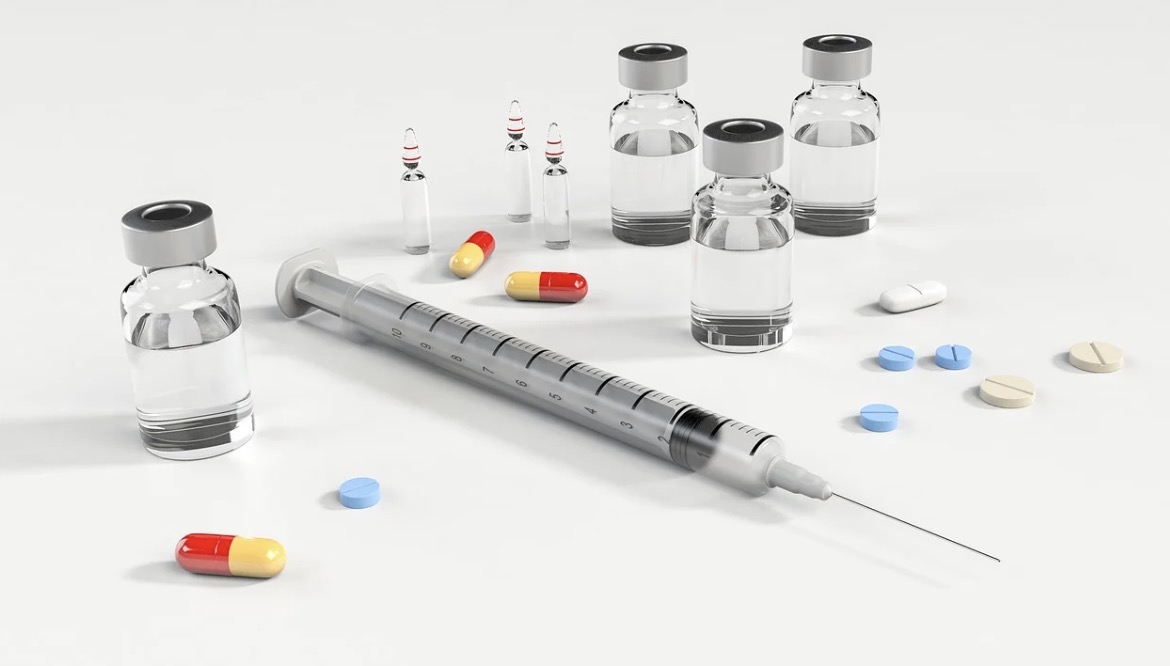Adolescence is a crucial period of development characterized by profound changes in emotions, behavior, and identities. It is also a vulnerable period during which teenagers can be prone to experimenting with risky behaviors, leading to potential addiction. As a parent, witnessing your child struggle with addiction can be a devastating experience. However, parents play a pivotal role in supporting their teen’s recovery journey.
This article will provide you with an essential guide if you are the parent of a teen who is currently struggling with addiction, to help you foster a supportive environment for their children’s healing.
Reader's Roadmap
Build Trust and Open Communication
Establishing trust and maintaining open lines of communication is vital when dealing with a teen struggling with addiction. Your child may feel defensive or ashamed, so it is crucial to approach the situation with empathy and an understanding disposition. Create a safe space where your teen can share their thoughts, fears, and experiences without judgment. Engage in active listening and show genuine empathy, building the foundation for productive conversations surrounding addiction.
Educate Yourself and Seek Professional Help
Understanding addiction and its complexities is instrumental in effectively supporting your teen. Educate yourself on the signs, symptoms, and impact of addiction, enabling you to approach the situation with knowledge and confidence. Additionally, seek professional help from addiction specialists or therapists who can guide you and your child through this challenging journey.
You should also search for a rehabilitation program within your local area. If you reside in Arizona, for example, you may want to contact Drug Rehab Programs in Scottsdale and encourage your adolescent to visit and engage. Professionals can provide valuable insights, personalized advice, and resources that will facilitate the healing process.
Encourage Healthy Lifestyle Choices
A healthy lifestyle can aid in addiction recovery by providing structure and stability. Encourage your teen to engage in activities that promote physical and mental well-being, such as exercise, hobbies, and socializing with supportive peers. Ensure they have a balanced diet and sufficient sleeping patterns. Furthermore, explore alternative therapies like meditation or yoga that can help them cope with stress and develop healthy coping mechanisms.
Set Clear Boundaries and Consequences
While it is essential to maintain a supportive environment, setting clear boundaries and enforcing consequences is crucial. Establish rules and expectations that discourage substance abuse, ensuring your child understands the consequences of breaking them. However, it is important to strike a balance, as being overly authoritarian may lead to resentment or rebellion. Engage in open discussions to establish boundaries together, fostering a sense of accountability in your teen.
Encourage Positive Relationships and Peer Influence
Peer influence plays a significant role in a teenager’s life, making it crucial to guide them toward positive relationships. Encourage your child to develop friendships with peers who support their recovery journey and abstain from drugs or alcohol. Encouraging involvement in activities or clubs that align with their interests can help them build healthy connections with like-minded individuals. By fostering positive relationships, you provide your child with a strong support system outside of the family.
Take Care of Yourself
As a parent dealing with your teen’s addiction, taking care of your own well-being is equally important. It is easy to neglect your own needs while focusing on your child’s recovery. However, your mental and physical health are crucial in maintaining a stable environment for your teen. Seek support from friends, family, or support groups dedicated to parents dealing with addiction. Prioritize self-care activities and engage in hobbies that bring you joy and relaxation.

Dealing with teen addiction requires parents to navigate a complex and emotionally challenging journey. By following the tips provided in this guide, parents can provide the support and environment necessary for their teen’s recovery. Remember, do not blame yourself; addiction is a disease that can affect anyone. Stay patient, understanding, and persistent, and with time, perseverance, and the appropriate support, your teen can find their way to a healthier and happier life.







Leave a Reply
View Comments